The Fascinating World of Yuan Fish
Fish play a vital role in ecosystems around the world, and one of the most fascinating species is the “Yuan Fish.” This blog will take you on a journey to explore the Yuan Fish, their habitat, behavior, importance, and how they contribute to the aquatic ecosystem. We will also cover how humans interact with Yuan Fish and ways to protect them.
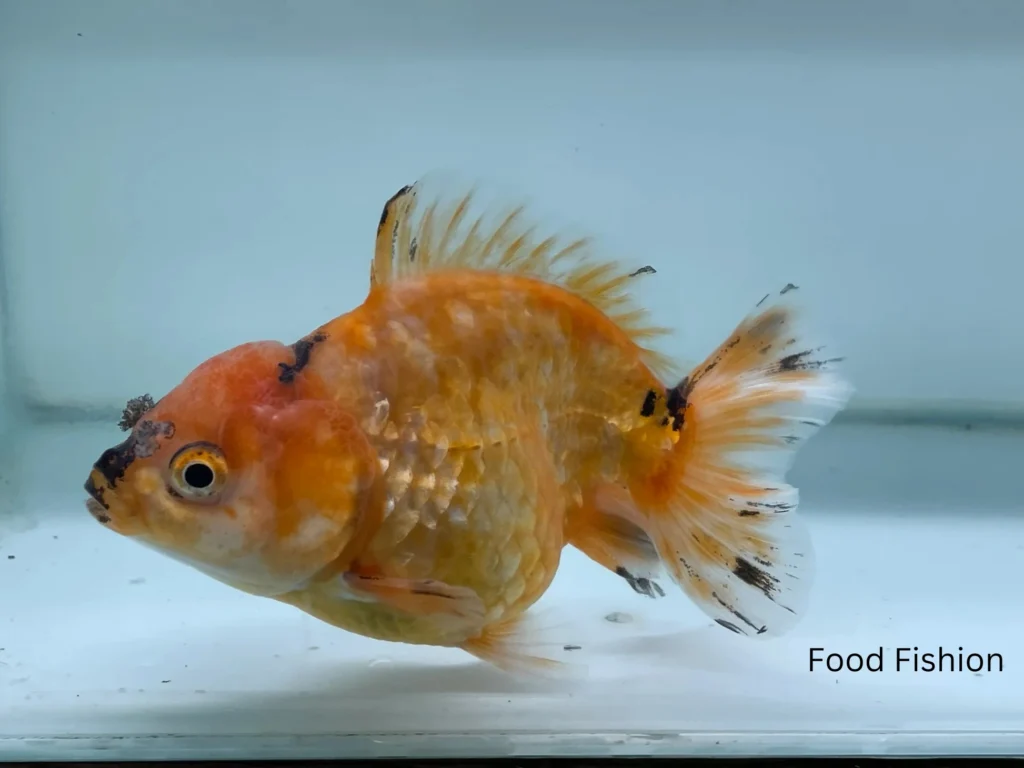
What is a Yuan Fish?
The term “Yuan Fish” can refer to a variety of fish species, depending on the cultural and regional context. In some traditions, people symbolize it with abundance and prosperity, while in others, they recognize it for unique characteristics. For this blog, we will consider Yuan Fish as a symbolic representation of a resilient and adaptable fish species, common in Asian cultures.
Habitat of Yuan Fish :
Yuan Fish usually live in freshwater bodies like rivers, lakes, and ponds. They prefer clean, well-oxygenated water and thrive in areas with abundant plant life. The vegetation not only provides food but also offers shelter and breeding grounds.
Some common habitats include:
Rivers and Streams :
- Yuan Fish often inhabit slow-moving rivers where they can find plenty of food and safe places to lay eggs.
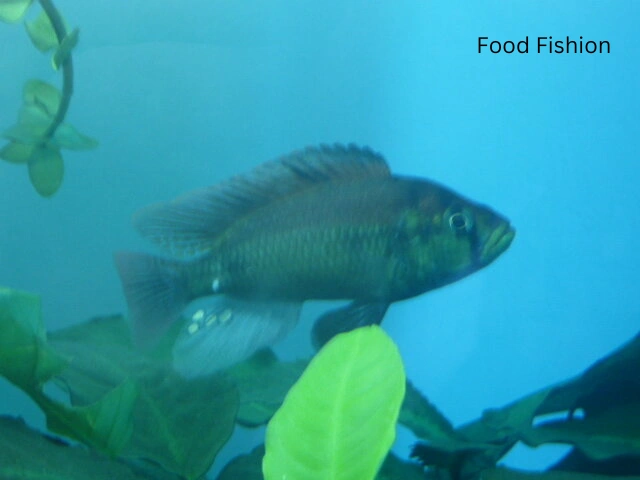
Lakes and Ponds :
- These environments offer still waters with rich plant diversity, making them ideal for Yuan Fish.
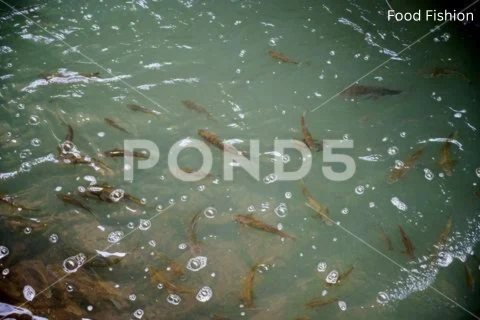
Man-Made Reservoirs :
- In some regions, Yuan Fish adapt to artificial water bodies, demonstrating their resilience and versatility.
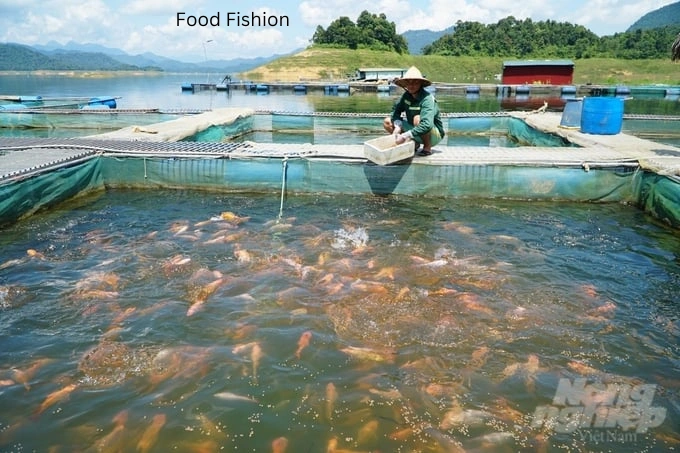
Physical Characteristics :
Yuan Fish display varied physical traits but often feature bright scales and streamlined bodies. Here are some common features:
- Color: Yuan Fish typically exhibit shades of silver, gold, or bronze.
- Size: Their size can range from small to medium, depending on their habitat and diet.
- Fins and Tail: Well-developed fins help them move swiftly through the water.
- Scales: Smooth and shiny scales assist them in gliding easily through water.
Diet and Feeding Habits :
Yuan Fish eat both plant and animal matter, making them omnivorous. Their diet mainly consists of:
Aquatic Plants :
- They consume algae and small water plants, which provide essential nutrients and aid digestion.
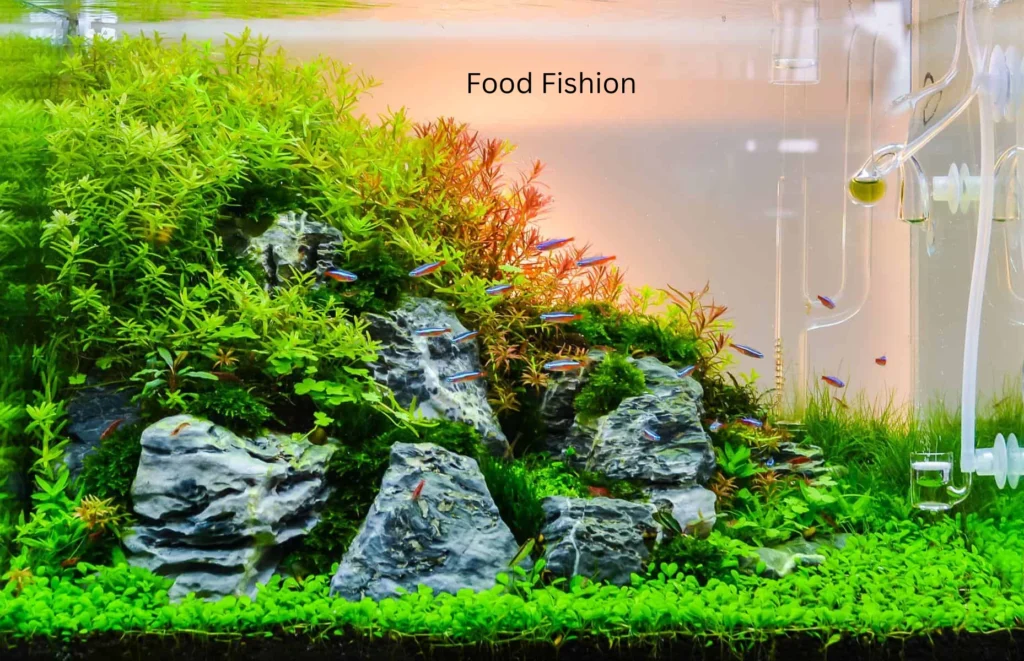
Insects and Worms :
- They actively hunt tiny insects, larvae, and worms in the water to gain protein essential for growth.
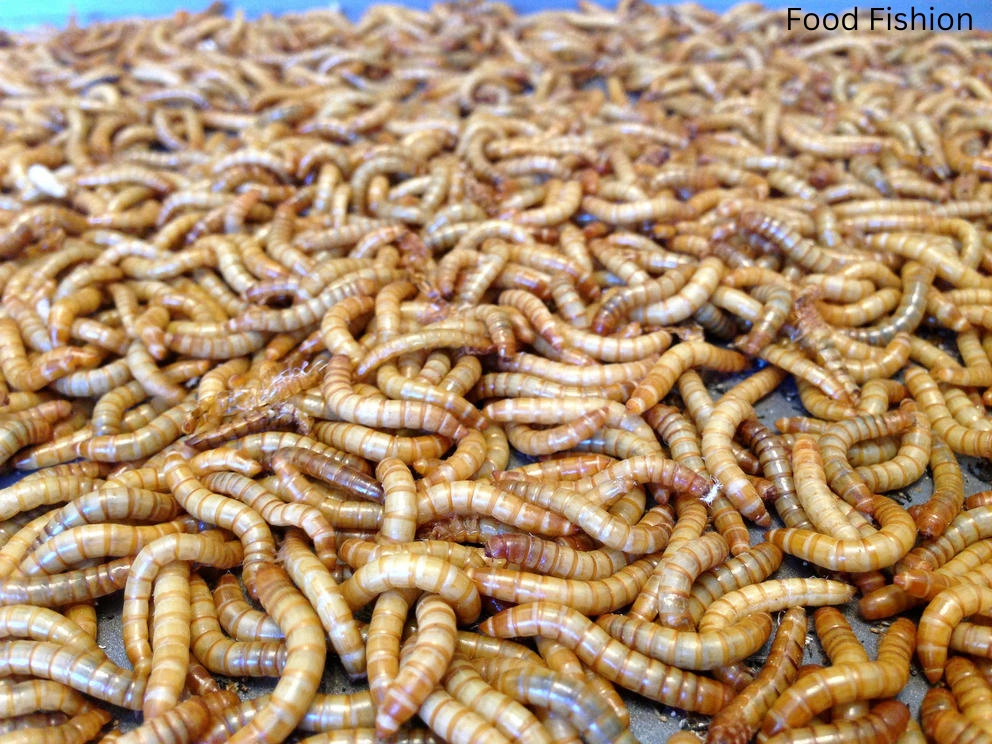
Small Crustaceans :
- Yuan Fish eat small shrimp and similar creatures to obtain additional nutrition.
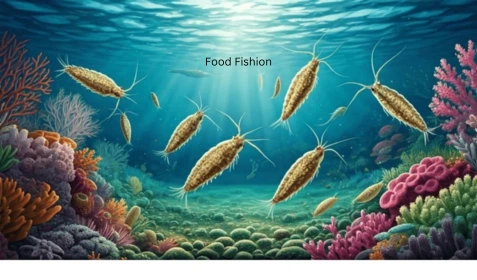
Organic Debris :
- They consume decomposing plant matter, organic particles, and biofilm, ensuring they utilize available food resources.
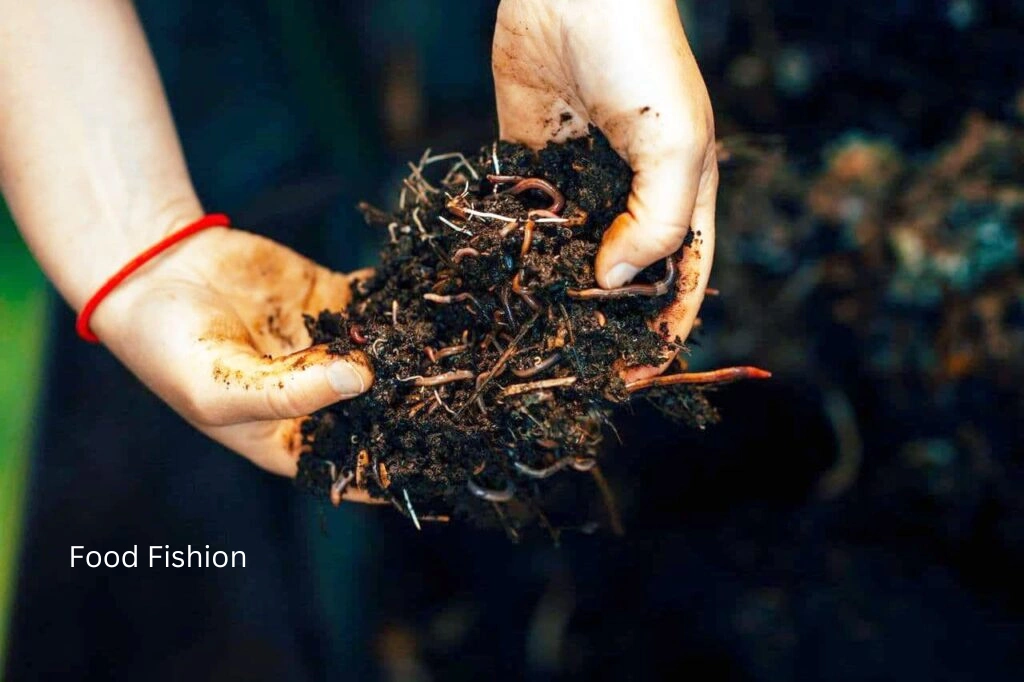
Breeding and Lifecycle :
Yuan Fish exhibit fascinating breeding habits. They usually reproduce during the rainy season when water levels rise. This timing allows females to lay eggs in safe, submerged areas where predators are less likely to reach them.
- Spawning: Female Yuan Fish lay hundreds to thousands of eggs at a time.
- Hatching: The eggs hatch within a few days, depending on water temperature.
- Juvenile Stage: The young fish, known as fry, start feeding on microscopic organisms.
- Adult Stage: As they grow, they expand their diet to include larger food items.
Importance of Yuan Fish in the Ecosystem :
Yuan Fish significantly contribute to maintaining ecological balance. Here’s how:
- Food Chain: Larger predators like birds and bigger fish rely on Yuan Fish as a food source.
- Plant Control: By consuming aquatic plants, they help manage plant overgrowth.
- Water Quality: Their feeding habits assist in maintaining clean water by consuming organic debris.
- Biodiversity: A healthy Yuan Fish population indicates a well-balanced ecosystem.
Cultural Significance :
In many Asian cultures, people regard fish as symbols of good luck and prosperity. They often associate Yuan Fish with wealth and abundance. Artists, writers, and storytellers commonly feature Yuan Fish in art, literature, and folklore. In Feng Shui, people believe that keeping fish in a pond or aquarium attracts positive energy.
Human Interaction and Economic Importance :
Humans interact with Yuan Fish in various ways, which also highlights their economic importance:
- Aquaculture: People farm Yuan Fish for food, supporting local economies.
- Fishing Industry: Both commercial and recreational fishing industries benefit from Yuan Fish populations.
- Pet Trade: Some Yuan Fish varieties are popular in the ornamental fish industry.
- Culinary Use: In certain regions, people consider them a delicacy and use them in traditional dishes.
Threats to Yuan Fish :
Despite their resilience, Yuan Fish encounter several threats, including:
- Pollution: Contaminated water bodies harm their health and disrupt reproduction.
- Habitat Destruction: Urbanization and deforestation reduce their natural habitats.
- Overfishing: Excessive fishing can lead to a decline in their population.
- Climate Change: Rising temperatures and changing weather patterns disrupt their breeding cycles.
Conservation Efforts :
Communities and organizations implement various conservation measures to protect Yuan Fish:
- Clean Water Initiatives: They work to reduce pollution and promote clean water sources.
- Habitat Restoration: Efforts focus on rebuilding natural habitats for safe breeding and living spaces.
- Fishing Regulations: Policies aim to prevent overfishing and protect young fish.
- Awareness Programs: Educational initiatives inform communities about the importance of Yuan Fish and how to protect them.
How You Can Help :
If you wish to help preserve Yuan Fish, consider the following actions:
- Avoid Polluting Water Bodies: Dispose of waste properly and avoid dumping chemicals.
- Support Sustainable Fishing: Choose seafood from sustainable sources.
- Participate in Clean-up Drives: Join local initiatives to clean rivers and lakes.
- Spread Awareness: Educate others about the importance of aquatic life.
Conclusion :
Yuan Fish are not only beautiful creatures but also vital components of our aquatic ecosystems. They contribute to biodiversity, support the food chain, and hold significant cultural and economic value. Protecting them is essential for maintaining ecological balance and ensuring that future generations can continue to enjoy and benefit from these incredible fish. By understanding their world and taking small steps towards conservation, we can help safeguard the future of Yuan Fish.
Thank you for reading! If you have any more questions about Yuan Fish or ways to protect them, feel free to reach out or leave a comment.
FAQs :
Yuan Fish symbolize resilience and adaptability and are common in Asian cultures, often living in freshwater habitats.
They inhabit rivers, lakes, ponds, and even man-made reservoirs.
Their diet includes aquatic plants, insects, worms, small crustaceans, organic debris, and plankton.
They typically breed during the rainy season when water levels rise.
They help maintain ecological balance by contributing to the food chain, controlling plant growth, and promoting water quality.
They symbolize good luck, wealth, and prosperity in various Asian traditions.
Yuan Fish support the aquaculture industry, the pet trade, and local economies, and are also consumed as food
Major threats include pollution, habitat destruction, overfishing, and climate change.
Efforts include clean water initiatives, habitat restoration, regulated fishing, and awareness programs.
Avoid polluting water bodies, support sustainable fishing, participate in clean-up drives, and spread awareness about aquatic life.
